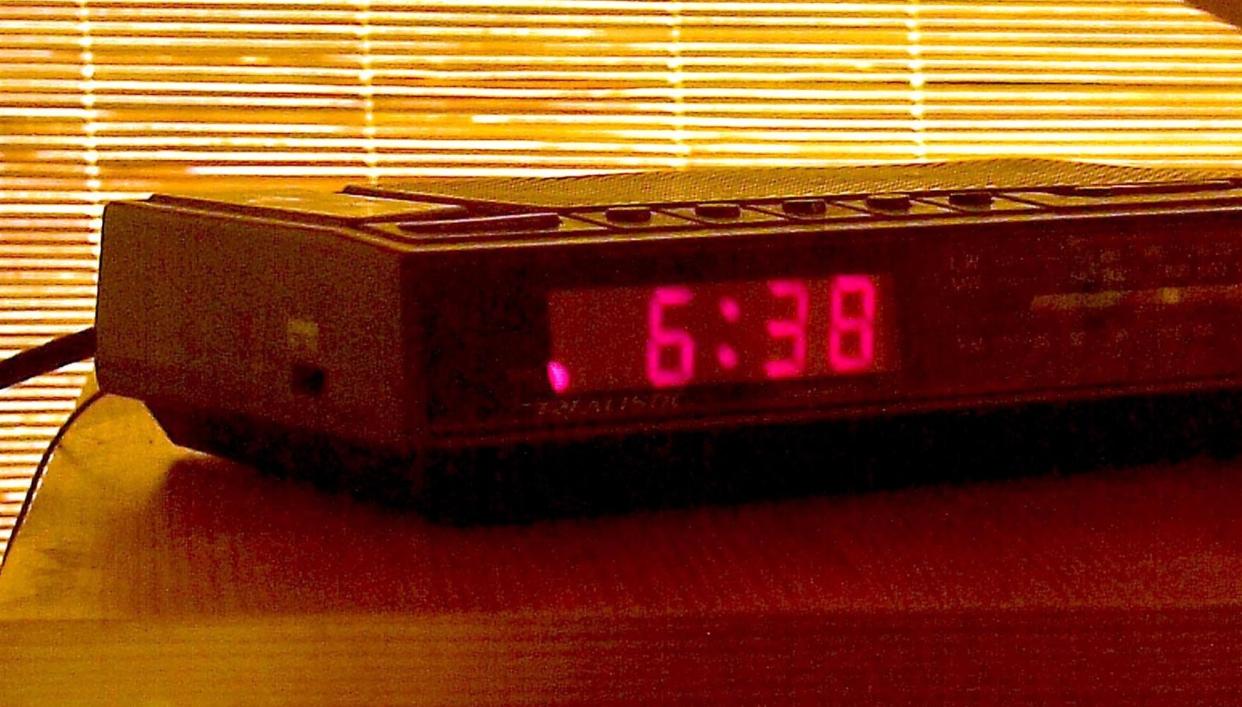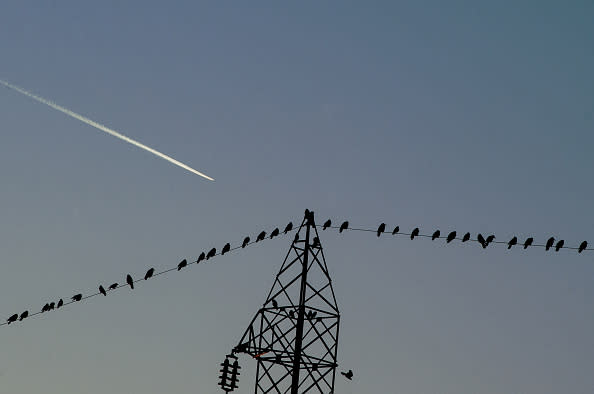Electrical clocks across Europe are now six minutes slow thanks to ‘missing’ electricity

Electrical wall clocks in Europe are now running six minutes slow – and it’s to do with a row over ‘missing’ electricity in Serbia and Kosovo.
A ‘dip’ in electrical power in the region has had an impact on the national power grids of 25 countries in the Continental European Power System, and it’s had a direct impact on electrical alarm clocks.
It also affects other clocks which rely on mains power – such as the clocks on the front of some microwaves and ovens, and central heating control systems.
Unlike wall clocks, mains-powered clocks tell the time using the frequency of the electrical power grid – and when the frequency drops, they go slower.
MOST POPULAR TODAY ON YAHOO
Mugshots of Paul Golding and Jayda Fransen released as Britain First leaders jailed for hate crime
Married couple realise their paths had crossed 11 years before they met in touching photo
KFC resolve great chicken crisis of 2018 by returning to former contractor
21 people have been treated for exposure to nerve agent that poisoned Russian spy
What’s happened is that Kosovo did not generate enough electricity to meet its needs, according to the European Network of Transmission System Operators (ENTSO-E).
When this happens, Serbia is supposed to step in. But Serbia doesn’t recognise Kosovo’s independence, and did not step in.
The ‘missing’ electricity has had an impact on electrical grids across Europe, as they’re forced to ‘deviate’ and go to a lower frequency.
The ‘missing’ electricity has meant that the frequency of electrical grids, which is supposed to sit at 50Hz, has dropped to 49.996 Hz.
It’s a tiny amount, but over days and months, it has meant that mains-powered clocks are losing time across 25 European countries.

The ‘dip’ won’t affect other clocks, such as battery-powered quartz wall clocks, which rely on the frequency of a quartz crystal to tell the time accurately.
European Network of Transmission System Operators (ENTSO-E) called for governments to take ‘swift action’ on the decrease in power.
An ENTSO-E spokesman said, ‘As there is also a political dimension with impact on the functioning of the electricity system, ENTSO-E is urging European and national governments and policy makers to take swift action.
‘These actions need to address the political side of this issue, supporting ENTSO-E’s and the Transmission System Operators actions to deliver a technical solution.’

 Yahoo News
Yahoo News 

